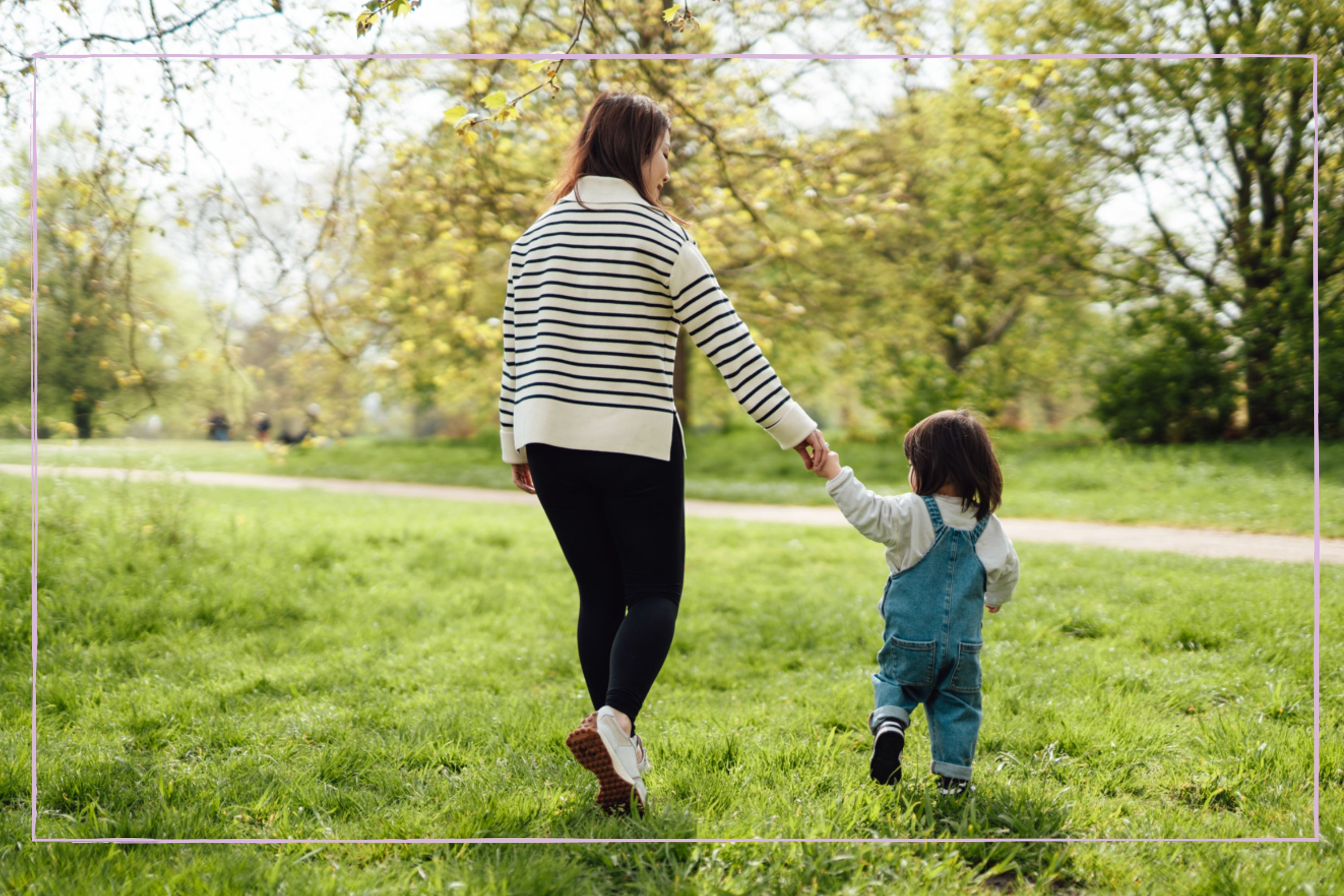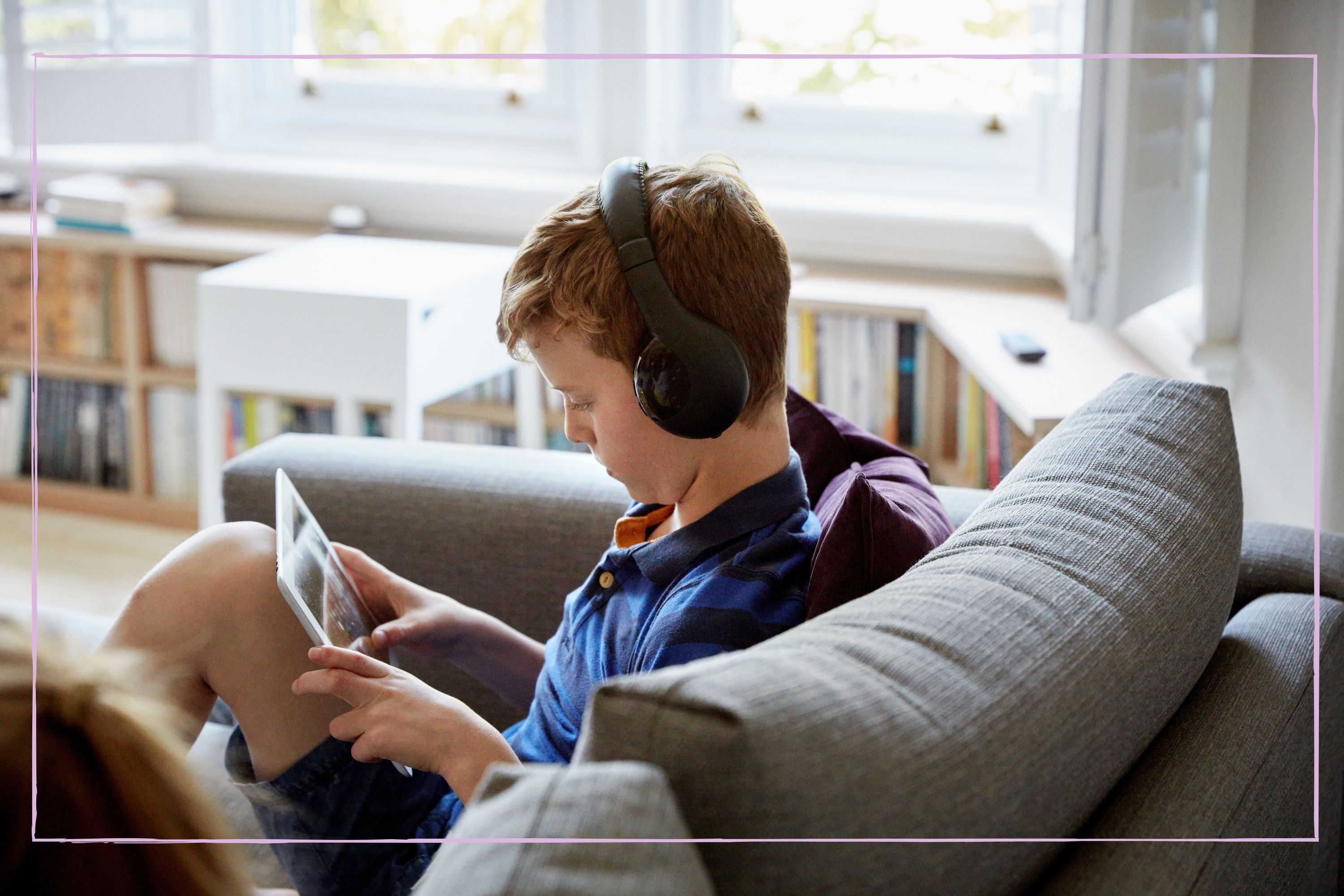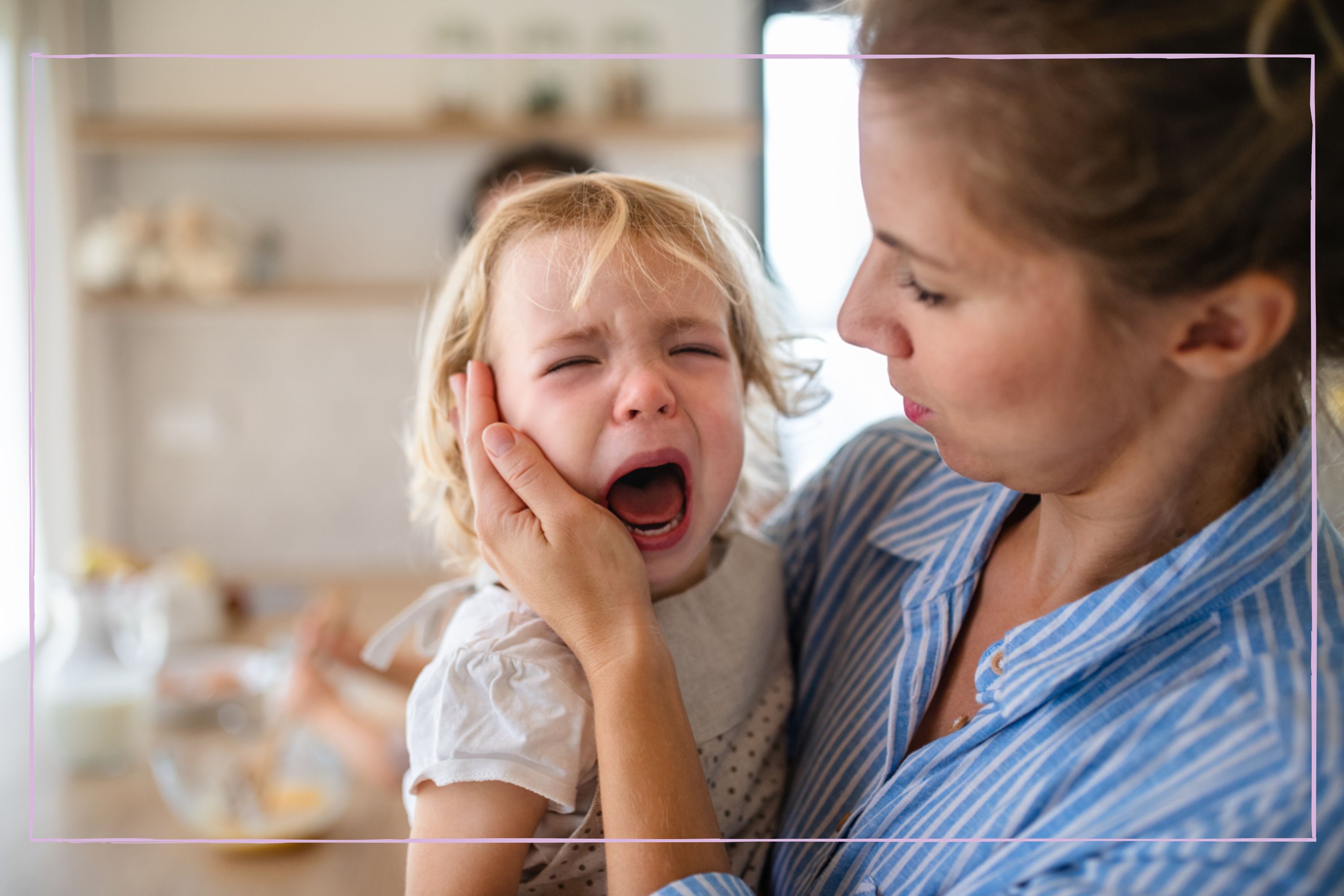Why you shouldn't tease your child about having a ‘boyfriend’ or ‘girlfriend’, according to parenting experts
The experts tell us why poking fun might be a bad idea


You might be tempted to tease your little one about their new best friend, but it could actually harm their development.
For most parents, wondering whether their child might have a boyfriend or a girlfriend won't cross their mind until their teenager has started dating - by which point they may already have had conversations around the most important things to talk to teens about before they start dating.
But, in reality, it's not uncommon for very young children to forge close connections with kids of the opposite gender, because small children often find it easy to make friends with both boys and girls. Psychologists think this is because toddlers don’t really notice gender differences or begin to identify with gender stereotypes until they get a little older.
Having friends of both genders is important for the child development stages - it benefits kids' personal and social development because it can protect them from the effects of gender stereotypes. But when parents tease their children about having a ‘boyfriend’ or ‘girlfriend’, this can make them self-conscious and stop them from socialising with children of the opposite gender.
Alicia Eaton, a Harley-Street based psychotherapist, clinical hypnotherapist and best-selling author, explains, "It can feel tempting to crack a bit of joke when your child or teen acquires their first boyfriend or girlfriend, but it’s important for parents to be sensitive to their feelings and experiences."
She adds that teasing could make your child feel judged, and make them lose confidence in their ability to make decisions about a partner in future. Alicia adds, "Remember that they’re still developing emotionally, and teasing can add stress to an already complex period of psychological development. Without your positive support and guidance they can start to lose confidence in themselves and question their ability to make decisions about suitable partners. Your child is more likely to share their experiences and feelings if they know they won’t be judged - and that’s a more healthy place to be in."

Meanwhile, parenting expert Kirsty Ketley warns that teasing your child about having a boyfriend or girlfriend could lead them to steer clear of the opposite sex, because they feel embarrassed about having a friendship with someone who isn't the same as them.
GoodtoKnow Newsletter
Parenting advice, hot topics, best buys and family finance tips delivered straight to your inbox.
Kirsty adds, "This can be damaging to blossoming friendships and make children feel that they can't be friends with the opposite sex. Other friendships, regardless of gender, may also be affected by the teasing, making children think that they shouldn’t be friends with anyone who is not like them."
Just like Alicia, Kirsty warns that this could affect them later down the line too. "As children grow, if boys have only been taught to see girls as a way of sexual gratification, how will they treat future partners? And how will girls think they should be treated by men? That can be really damaging, especially in a world where women are continually having to fight for equality and respect."
And remember, when your child gets older they will start to date, and you want to make sure they feel comfortable talking to you about things that are happening in their relationship.

Alicia Eaton is a Behaviour Change Therapist based in London’s Harley Street and the author of First Aid for your Child’s Mind.

Kirsty is a qualified early years practitioner and parenting consultant with a wealth of knowledge and experience from over 22 years of working with families and children from birth to the teenage years.

Ellie is GoodtoKnow’s Family News Editor and covers all the latest trends in the parenting world - from relationship advice and baby names to wellbeing and self-care ideas for busy mums. Ellie is also an NCTJ-qualified journalist and has a distinction in MA Magazine Journalism from Nottingham Trent University and a first-class degree in Journalism from Cardiff University. Previously, Ellie has worked with BBC Good Food, The Big Issue, and the Nottingham Post, as well as freelancing as an arts and entertainment writer alongside her studies. When she’s not got her nose in a book, you’ll probably find Ellie jogging around her local park, indulging in an insta-worthy restaurant, or watching Netflix’s newest true crime documentary.
-
 The 'incredibly helpful' 30-second rule – liked by nearly 2 million people – that your kid needs to know about
The 'incredibly helpful' 30-second rule – liked by nearly 2 million people – that your kid needs to know aboutThis useful piece of advice is worth remembering for all of us, not just our children
By Adam England Published
-
 What is ‘sturdy parenting’? Child psychologist Dr Becky explains the benefits of this technique
What is ‘sturdy parenting’? Child psychologist Dr Becky explains the benefits of this techniqueIf you're at a loss when it comes to disciplining your kids, sturdy parenting might help - and it's approved by child psychologist Dr Becky.
By Ellie Hutchings Published
-
 3 tips to set screen time boundaries from parenting experts Dr Becky Kennedy and Professor Emily Oster - and #1 is an important reminder
3 tips to set screen time boundaries from parenting experts Dr Becky Kennedy and Professor Emily Oster - and #1 is an important reminderStruggling to set screen time boundaries with your kids? Parenting experts Dr Becky Kennedy and Professor Emily Oster have shared three top tips.
By Ellie Hutchings Published
-
 Could 'lazy parenting' be the next big thing? 2 psychologists share why it can be beneficial for development, but not everyone agrees
Could 'lazy parenting' be the next big thing? 2 psychologists share why it can be beneficial for development, but not everyone agrees'We need more lazy parents' and here's why, according to two child psychologists
By Ellie Hutchings Published
-
 Parents, do you know what H.E.L.P. stands for? Psychologists swear by this acronym to navigate those tough parenting moments we all face
Parents, do you know what H.E.L.P. stands for? Psychologists swear by this acronym to navigate those tough parenting moments we all faceRemember: Halt, Empathy, Limits, Proximity...
By Ellie Hutchings Published
-
 Sticker charts 'don't work in the long run' says psychotherapist - try these 8 tips to teach kids intrinsic motivation instead
Sticker charts 'don't work in the long run' says psychotherapist - try these 8 tips to teach kids intrinsic motivation insteadOne expert has explained eight things you can do as a parent to help your child develop intrinsic motivation - and it means abandoning the sticker chart.
By Ellie Hutchings Published
-
 Reflective parenting could help your teenager manage their big emotions, new research shows - here are 5 steps to try
Reflective parenting could help your teenager manage their big emotions, new research shows - here are 5 steps to tryThe teenage years are tough for everyone involved. But research has suggested that an approach known as 'reflective parenting' can be the key to reconnecting.
By Ellie Hutchings Published
-
 These 5 'game changing' phrases can teach your children about the mental load, according to a psychologist - and it could set them in good stead for adulthood
These 5 'game changing' phrases can teach your children about the mental load, according to a psychologist - and it could set them in good stead for adulthood"Change at home can change society"
By Ellie Hutchings Published